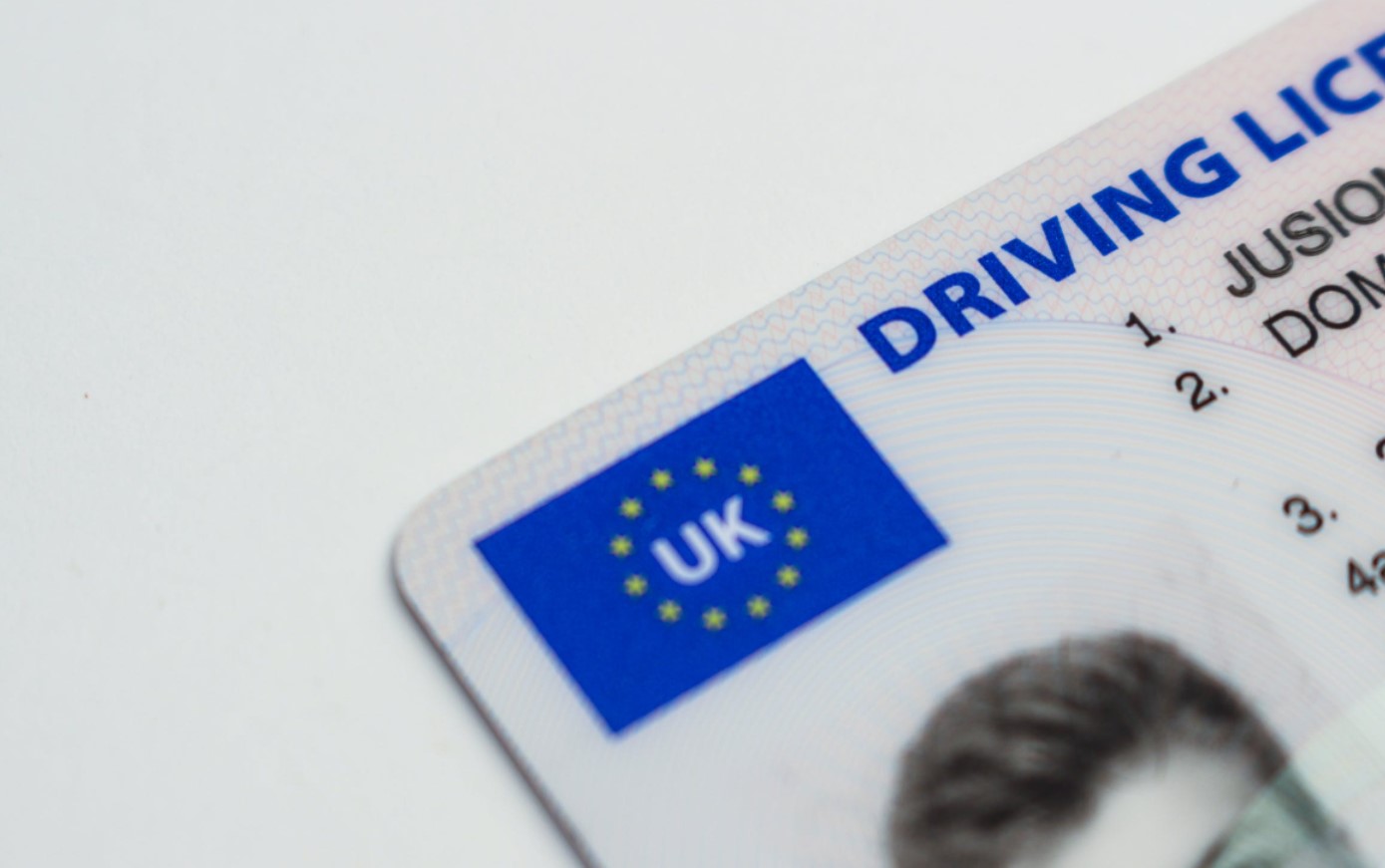Table of Contents
Suppose you’ve ever been arrested for driving under the influence of alcohol or running a red light. In that case, you’re probably aware that these offences result in immediate points being assessed against your license. But, do you grasp what an endorsement code is and, therefore, how points on your driving record might influence your ability to get future insurance coverage?
We address any points-related questions you might have, and we even consulted with specialized attorneys at Auriga Advocates to get their legal opinion on license points in the first place!
What Is the Difference Between Endorsement Codes and Penalty Points?
First and foremost, let’s get the jargon out of the way. It might be challenging to get your mind around the language – endorsement-this and punishment code-that – so we’ve compiled a list of everything you should know.

It is merely an item on your driving record that constitutes an endorsement. This will detail the offence for which you were convicted, the offence’s date, and the date of your sentence. Each endorsement has a unique code and is assigned several penalty points on a scale ranging from 1 to 11.
How does the points on license system work?
To put it another way, the more severe the offence, the more points you’ll get on your driver’s license.
For example, if you fail to stop after an accident, you might get anywhere from 5 to 10 penalty points since the authorities consider it a significant infraction. Alternatively, ‘failure to comply with a school crossing patrol sign’ would only result in 3 penalty points since it is considered a minor offence under the Highway Traffic Act.
And keep in mind that not all driving infractions will result in points being assessed against your license, although the vast majority have the potential to do so.
For less severe traffic offences, the police may opt to issue you a ‘fixed penalty notice,’ which means you will only be fined up to £200 and will not face any further consequences. Instead, the police response might range from issuing a simple warning to providing you further driving instructions to prosecute you with an offence, among other things.
How Long Do Points Stay On Your License UK?
Points may remain on your driving record for up to four years and up to eleven years. What’s more, did you know that having points assessed to your driving record may negatively influence your day-to-day life and your driving record?

The fact that prospective employers and insurance companies may see them is only one of the many reasons why you should exercise extra caution when driving since you never know when those license points could come back to haunt you in the rear end.
While this is accurate, the penalties on your driving license may not hurt your driving ability for the duration of the punishment term. This is because your points are only ‘valid’ for a portion of the complete endorsement duration, e.g., a 4-year endorsement is valid for 3 years, or 10 years of validity for 11-year ornamentation on your license is only valid for 10 years.
So, what exactly are ‘legitimate’ points?
When points are deemed ‘legitimate,’ they may be used in court and added to your overall points total to determine if your license should be suspended or suspended and banned. For example, suppose you are found committing another crime within the last year of a previously issued endorsement. In that case, the court will exclude the earlier (and hence invalid) points from your record when computing your total.
Here are 3 Amazing Tips To Keep You out Of Trouble
New drivers are subjected to much harsher penalties when it comes to the laws and regulations surrounding license points. The driving license of any new motorist who receives 6 or more points within the first two years after completing their driving test will be suspended or revoked.
We’ve compiled our three pearls of wisdom for anybody venturing out on the open road for the very first time:
- Using ‘P’ plates, you may draw attention to yourself. Having them posted on your car will alert everyone in your immediate vicinity that you are a novice driver and that they should proceed with caution. Minor infractions are more likely to be overlooked by other drivers as you learn to navigate the complexities of regular driving situations.
- Please refrain from providing your friends with rides right away. As a result, you should take the time to get used to driving without an instructor in your own time before allowing them to accompany you.
- Ignore your phone for the time being. Place it out of sight and ideally muted – this is yet another major source of distraction for drivers behind the wheel, and it has the potential to cause fatalities or severe injuries.
Is it possible for me to be barred from driving?
Yes. To be barred from driving under the ‘totting up’ system, you must accumulate 12 or more penalty points in three years.

How can I go about having points erased from my driving record?
When your endorsements and points are no longer valid, they will be immediately erased from your driving record. You may check your driving record on www.gov.uk/view-driving-licence to determine whether you have any endorsements or points against your license.
Do points have an impact on my auto insurance premium?
Your driving record’s accumulation of penalty points will almost always increase your vehicle insurance rate. You will get a different amount based on your insurer and the number of points you have earned.
Wrapping Up
If you are given a penalty, get assistance as soon as possible and do not depend only on the information you learned during your driving exam – since the odds are that you do not understand your rights as well as you believe you do! People are much too eager to accept fines and to feel that they understand the law – when in fact, they do not – and everyone should be given an equal chance to present their case. We hope this tutorial has addressed them all if you have any burning questions concerning license points or driving offences.



























